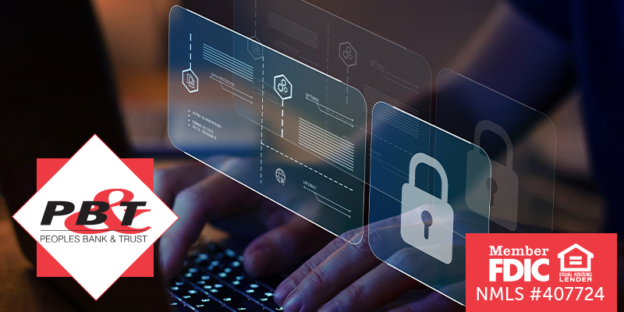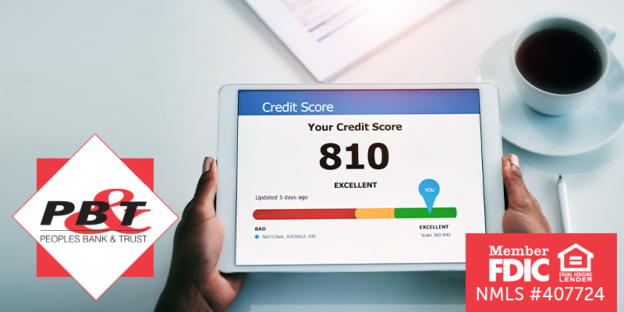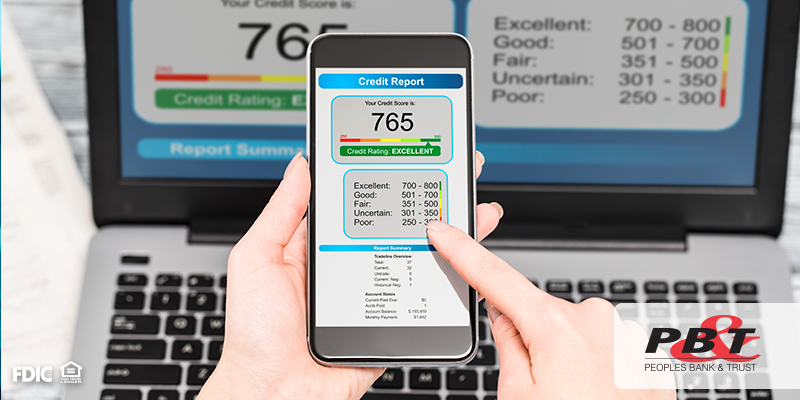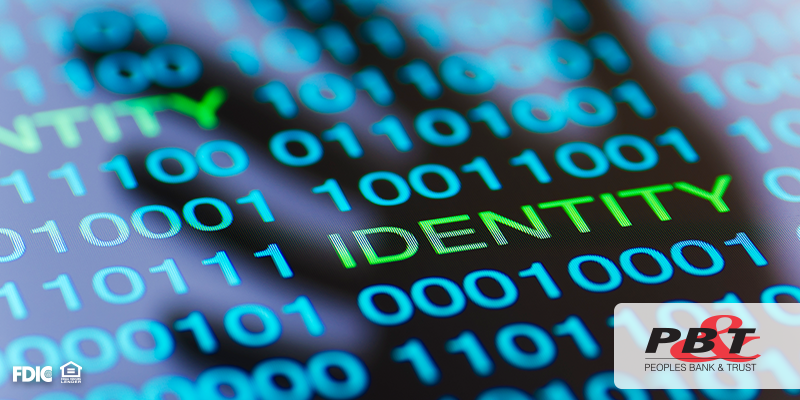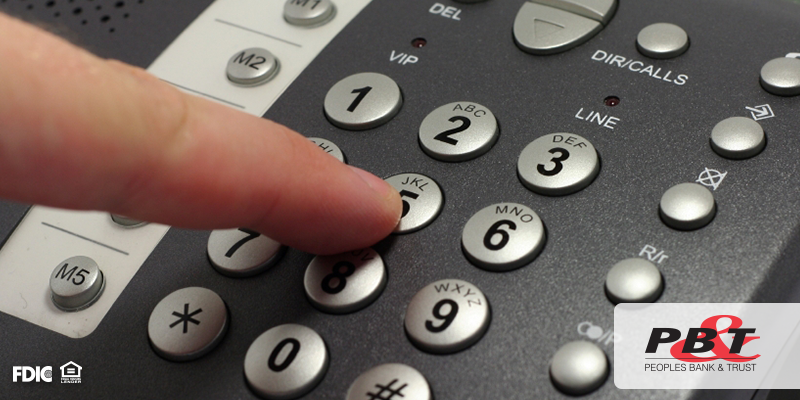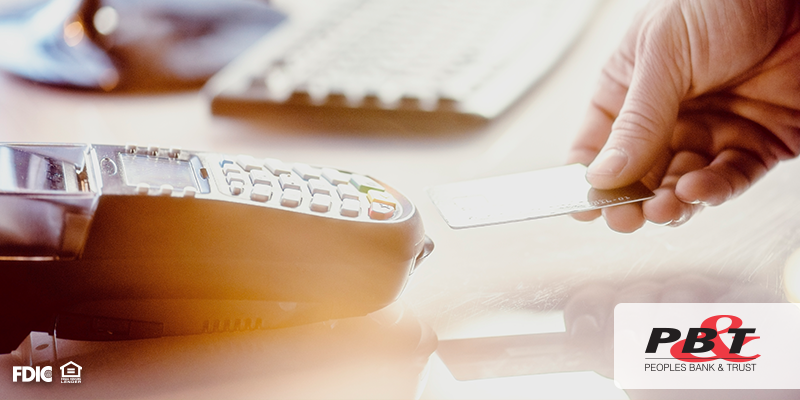October is Cybersecurity Awareness Month, a time dedicated to raising awareness about the importance of staying safe in our increasingly digital world. With cyber threats evolving rapidly, it’s crucial to stay informed and take proactive steps to protect yourself both online and in-person. Here are the latest tips and best practices to help you stay secure.
1. Recognize and Report Phishing Attempts
Phishing scams are one of the most common cyber threats. These scams often come in the form of unsolicited emails or messages that appear to be from legitimate sources, asking for personal information.
- Be cautious of unsolicited messages: If you receive an unexpected email or message asking for personal information, do not click on any links or provide any details.
- Verify the source: Contact the organization directly using a known and trusted method to verify the request.
- Report phishing attempts: Most email providers have options to report phishing. Use these tools to help protect others.
TIP: These emails often have a suspicious sender address, spoofed web links, suspicious attachments, and often use incorrect spelling, grammar, and layout. Often, there is a general salutation and threats or false sense of urgency.
2. Use Strong Passwords and a Password Manager
Strong passwords are your first line of defense against cyber-attacks.
- Create strong passwords: Use a combination of uppercase and lowercase letters, numbers, and symbols. Avoid using easily guessable information like birthdays or common words.
- Use a password manager: Password managers can generate and store complex passwords for you, making it easier to use unique passwords for each of your accounts.
TIP: Some fun ways to remember your password easily but keep it unique is by using a lyric from a song or poem, meaningful quote, address to someplace familiar, or a series of words that mean something to you.
3. Enable Multi-Factor Authentication (MFA)
Multi-Factor Authentication adds an extra layer of security by requiring more than just a password to access your accounts.
- Enable MFA on all accounts: Especially for email, social media, and financial accounts. This significantly reduces the risk of unauthorized access.
- Use authentication apps: Apps like Google Authenticator or Authy provide a secure way to manage MFA codes.
TIP: Be on the lookout for random verification codes you receive via text message or phone call, as this is often a scam to get you to click on a link or to reply and provide more information. If you did NOT request a verification code, do not interact with the text message or do hang up the phone call.
4. Keep Your Software Updated
Software updates often include security patches that protect against known vulnerabilities.
- Enable automatic updates: This ensures you always have the latest security patches.
- Regularly check for updates: If automatic updates are not available, make it a habit to check for updates regularly.
TIP: To avoid fake update scams, make sure you never download or install software updates from unknown or suspicious sources. Operating systems like Windows and Apple OS usually update automatically, but you can access the manual updates via the computer settings. Browsers typically update on their own. Keep an eye out for random pop ups that look fake or try to direct you to a malicious file or link.
5. Secure Your Devices
Physical security is just as important as digital security.
- Use strong passwords or biometric locks: Ensure your devices are protected with strong passwords or biometric locks like fingerprints or facial recognition.
- Be cautious in public places: Avoid using public Wi-Fi for sensitive transactions. If necessary, use a VPN to encrypt your connection.
TIP: Make sure to always lock your phone, tablet or computer before walking away from it—some devices are set to lock only after a certain period of time has passed.
6. Shop Safely Online
Online shopping is convenient but can be risky if you’re not careful.
- Shop on secure websites: Look for “https://” in the URL and a padlock icon in the address bar.
- Use credit cards or secure payment methods: Credit cards often offer better fraud protection than debit cards.
- Apply for a [BANK] VISA Platinum Credit Card today! With chip card security, fraud monitoring and zero fraud liability—this card lets you earn rewards while staying safe in person and online.
- Monitor your accounts: Regularly check your bank and credit card statements for any unauthorized transactions.
TIP: Beware amazing deals! Sometimes it is too good to be true. If you spot an ad on popular social media platforms like Facebook and Instagram that offers super low prices or offers of free stuff—be cautious, as reports of lost money from social media scams have tripled in the past year!
7. Educate Yourself and Others
Staying informed about the latest cybersecurity threats and best practices is crucial.
- Participate in Cybersecurity Awareness Month activities: Many organizations offer free resources and events to help you learn more about staying safe online.
- Share information: Educate your family, friends, and colleagues about the importance of cybersecurity and how they can protect themselves.
TIP: Understanding cyber threats isn’t just for the IT crowd—employees should be well-trained in cybersecurity best practices. For businesses, making cybersecurity education an annual requirement or part of the onboarding process for new employees is a good start.
By following these tips, you can help protect yourself and your loved ones from cyber threats. Remember, cybersecurity is a shared responsibility, and staying informed is the first step towards a safer digital world.
For more information and resources, visit the Cybersecurity and Infrastructure Security Agency (CISA) and the National Cybersecurity Alliance.
Stay safe and secure this Cybersecurity Awareness Month!


